- Home
-
Products
-
Hair Removal Instrument Se...
-
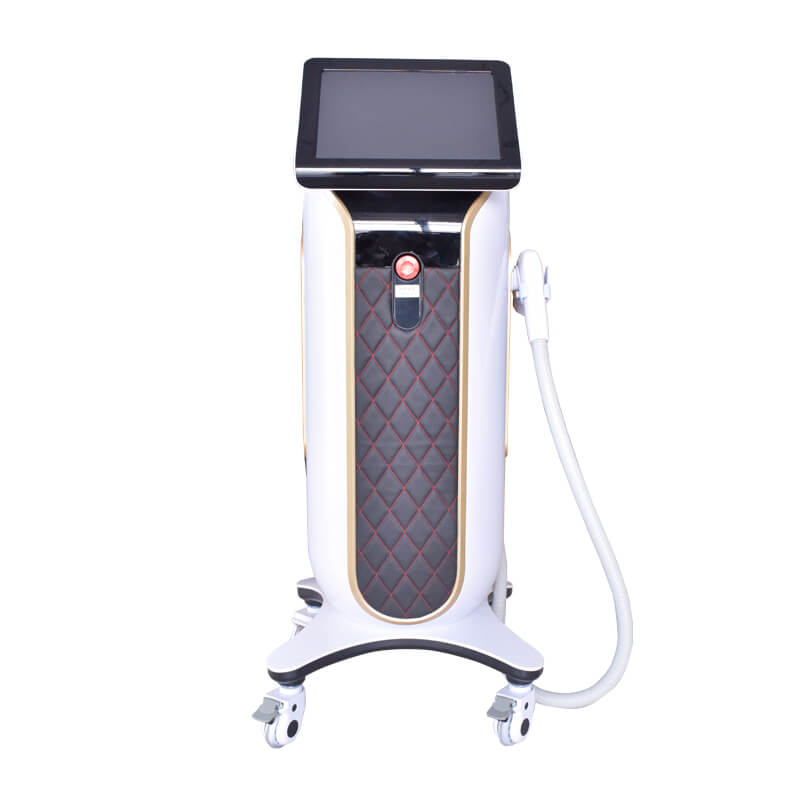 15in Screen 600W 808nm Hair Removal Machine
15in Screen 600W 808nm Hair Removal Machine
-
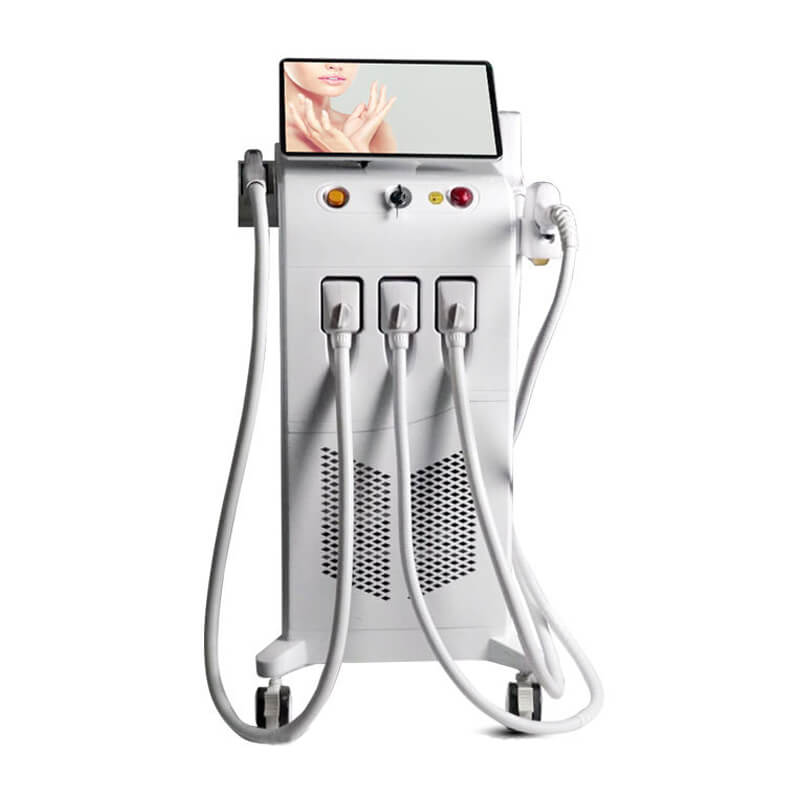 4 in 1 Elight +808nm Diode Laser+q Switched nd yag Laser +RF Multifunctional Beauty Machine
4 in 1 Elight +808nm Diode Laser+q Switched nd yag Laser +RF Multifunctional Beauty Machine
-
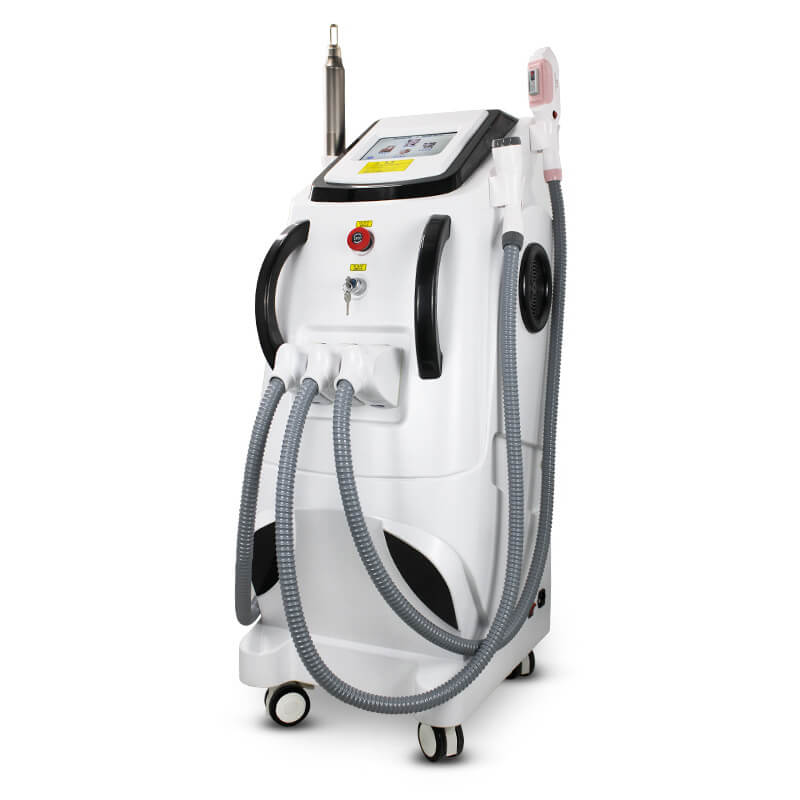 4 in 1 HIFU Thermagic Anti-aging Beauty Instrument
4 in 1 HIFU Thermagic Anti-aging Beauty Instrument
-
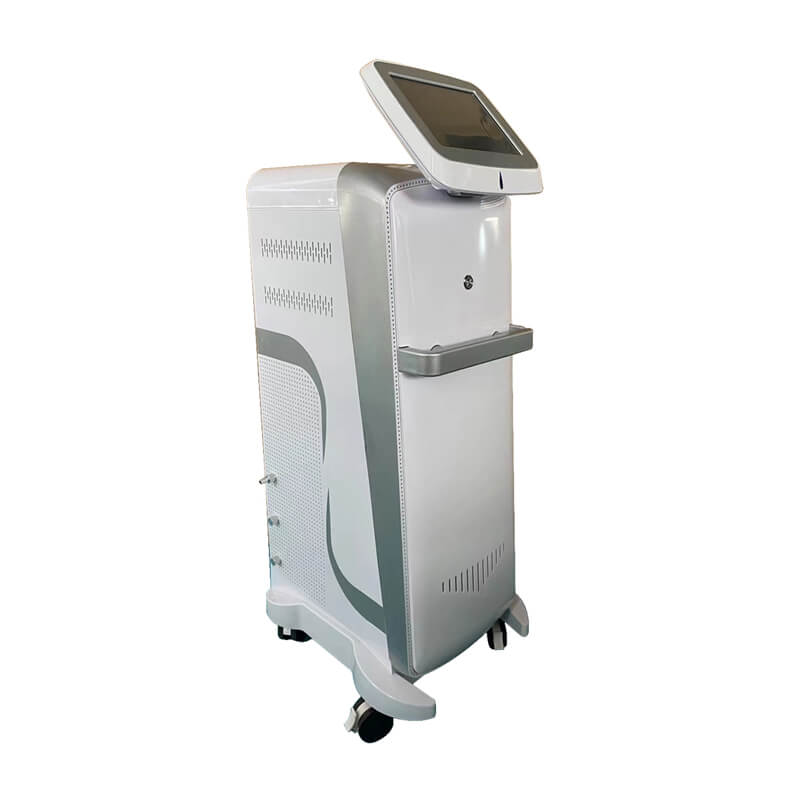 808 Diode Hair Removal Laser Machine
808 Diode Hair Removal Laser Machine
-
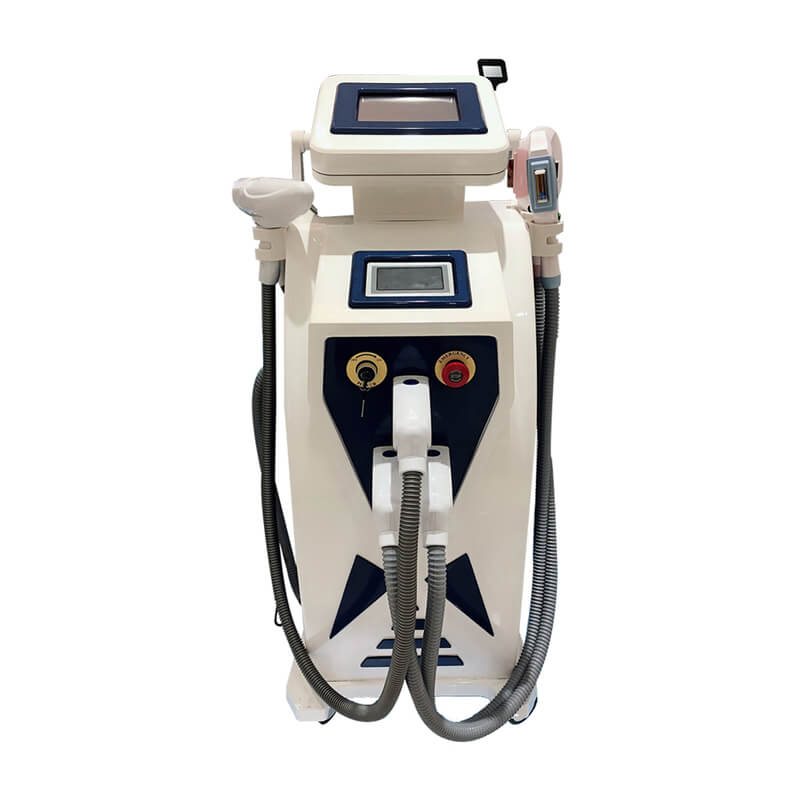 Double Screen 4 in 1 HIFU Multifunctional 360 Magneto Optical ND Yag Laser RF Beauty Machine
Double Screen 4 in 1 HIFU Multifunctional 360 Magneto Optical ND Yag Laser RF Beauty Machine
- » More
-
-
- News
- CharmyLady
- Video
- Contact Us
- Home
- News
- Industry News
- Common Myth About Laser Treatment
- Industry News
Common Myth About Laser Treatment
Date: 2022-05-13 Categories: Industry News Hits: 1064 From: CharmyLady Tech., (Guangzhou), Co., Ltd
Myth 1: Does laser make the skin thinner and more sensitive?
First of all, we can't think of skin as "dead skin". As the largest organ of the human body, the skin is very dynamic and capable of regeneration and repair. Those who mistakenly think that the skin is getting thinner and thinner, take it for granted that every time a laser treatment will remove a layer of skin, the skin will become thinner, and the skin will become very thin after long-term treatment. In fact, it is not. On the contrary, proper laser stimulation can activate the skin regeneration and repair function. Some laser beauty treatments will not make the skin thinner, but will increase the thickness of the skin, make it firmer, more elastic, and transform into a younger one.
Myth 2: Can one treatment completely solve my problem?
The human body is complex, and everyone's response to a certain stimulus and its degree is different. For the same problem, some people get good results three times, and some people may not get good results after seven or eight times. Just like the common cold, some people can heal on their own without taking medicine, while others need medicine or even an infusion to relieve symptoms. At the same time, many diseases are destined to recur, and the current treatment is an only improvement. For example, freckles are hereditary diseases, which can only be maintained for a period of time after treatment, and there will always be a certain degree of recurrence after that. That is to say, it is unscientific to think that it is all done in one battle.
Myth 3: I'm not doing treatment, can I avoid sun protection?
After laser treatment, the color of the skin becomes fairer, the pigment is reduced, the natural absorption of UV rays is reduced, and the protective function of the deep skin is reduced. Therefore, strict sun protection is necessary, otherwise new pigment spots will appear easily, or pigmentation will occur. There are clear requirements for sun protection after beauty treatment. Generally, sun protection is strictly prohibited within 3 months after treatment.
However, it is important to point out that sun protection is not something that should be taken care of after laser beauty treatments. Studies have shown that ultraviolet rays in the sun are the main killers of skin photoaging (pigmentation, redness, fine wrinkles). From the perspective of preventing photodamage and protecting the skin, we should pay attention to sun protection at all times, and according to different environments Choose a different sunscreen.
Myth 4: The treatment process must be very painful!
When it comes to laser surgery, everyone's first reaction may be a pain, but this is not the case. Topical anesthesia is required for the treatment area prior to treatment. In addition, the laser can provide a gentle, non-invasive skin treatment experience, the entire treatment process is basically painless, no thermal damage, short time, and obvious effect. You can resume your usual daily activities immediately after treatment.
Note: Laser treatment of pigmentation requires multiple treatments. Cafeteria spots need 1 to 3 times, freckles and age spots need about 1 to 2 times. The interval between each treatment is about 2 months.
Before the scab falls off, it is not advisable to do vigorous activities and make-up, and do not forcibly tear off the scab. Pigmentation may appear in some patients, and most disappear spontaneously within a few months.
Doctors and patients should protect their eyes during treatment. Laser treatment of pigmented lesions will not cause irreversible damage to the body.
Be sure to use sunscreen for half a month to half a year after treatment. Also apply appropriate sunscreen indoors and stronger sunscreen outdoors. It is especially important to pay attention to skin hydration and maintenance.
Choose as far as possible in the spring, autumn, and winter for treatment. Eat a light diet, eat more foods containing more vitamin C, and avoid eating products containing pigments and spicy and irritating foods.
Rather than pursuing "high-end" laser equipment, it is more important to choose a reliable treatment institution and qualified laser operators, understand your own skin condition, and customize a treatment plan according to your own skin characteristics. The pursuit of beauty is a lifelong career and should be treated with caution.


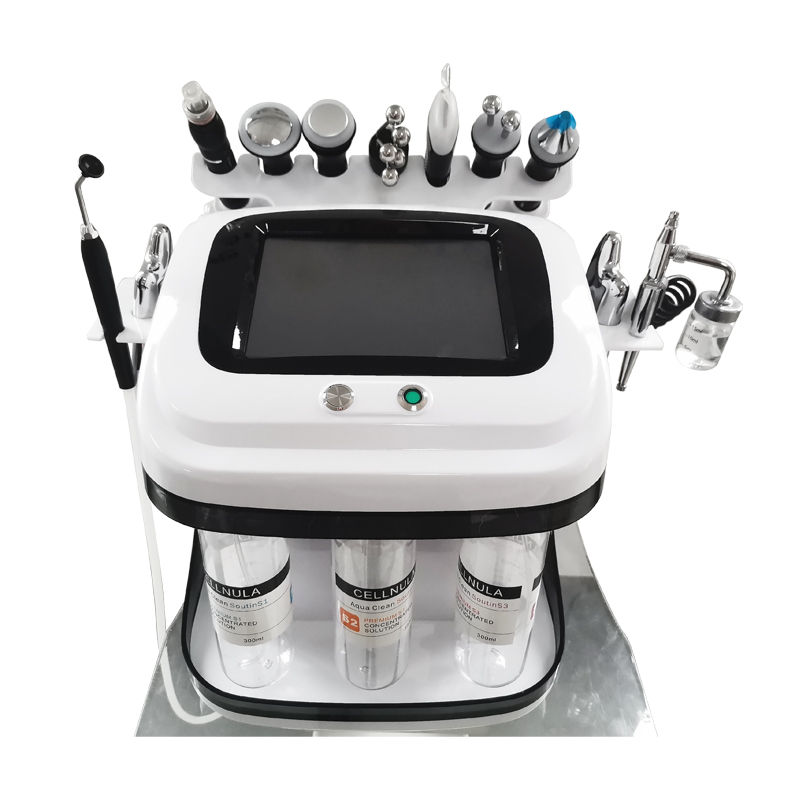 10 IN 1 Facial Care Hydria Machine
10 IN 1 Facial Care Hydria Machine 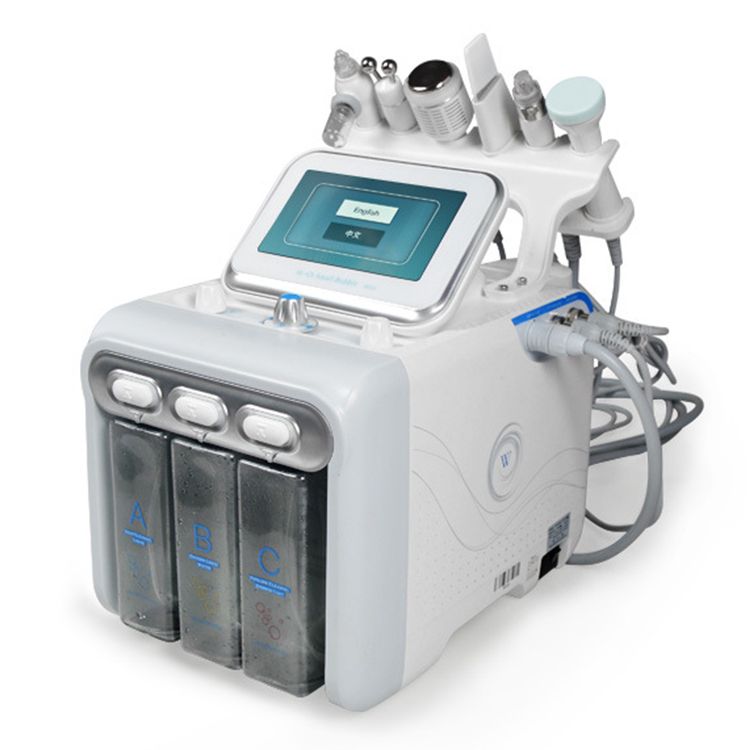 6 Function Heads First Generation Hydra H2O2 Hydrogen Oxygen RF Sprayer Face Beauty Machine
6 Function Heads First Generation Hydra H2O2 Hydrogen Oxygen RF Sprayer Face Beauty Machine 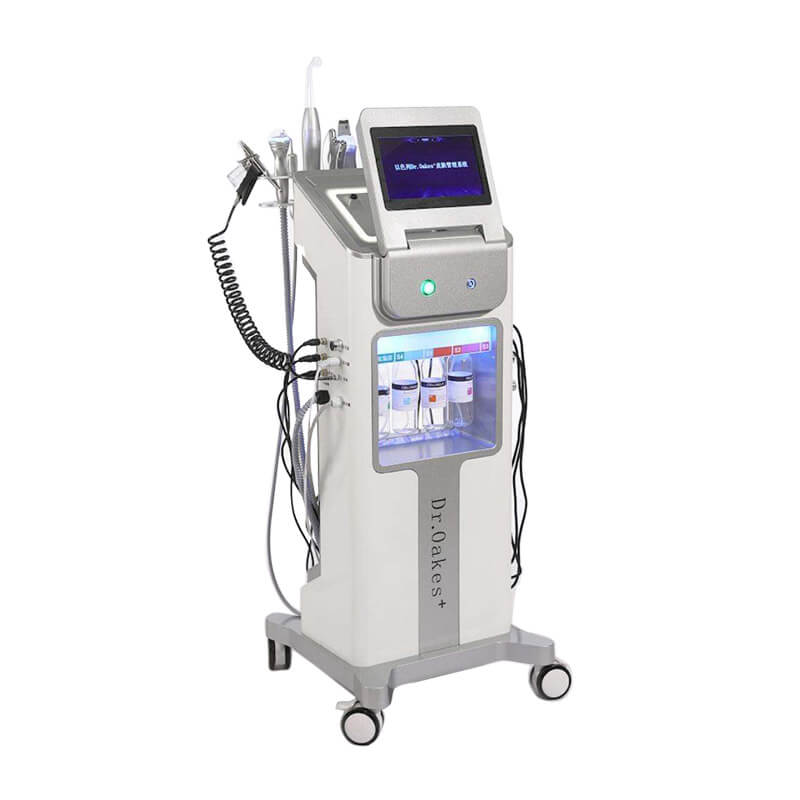 DR Facial Synthesizer
DR Facial Synthesizer 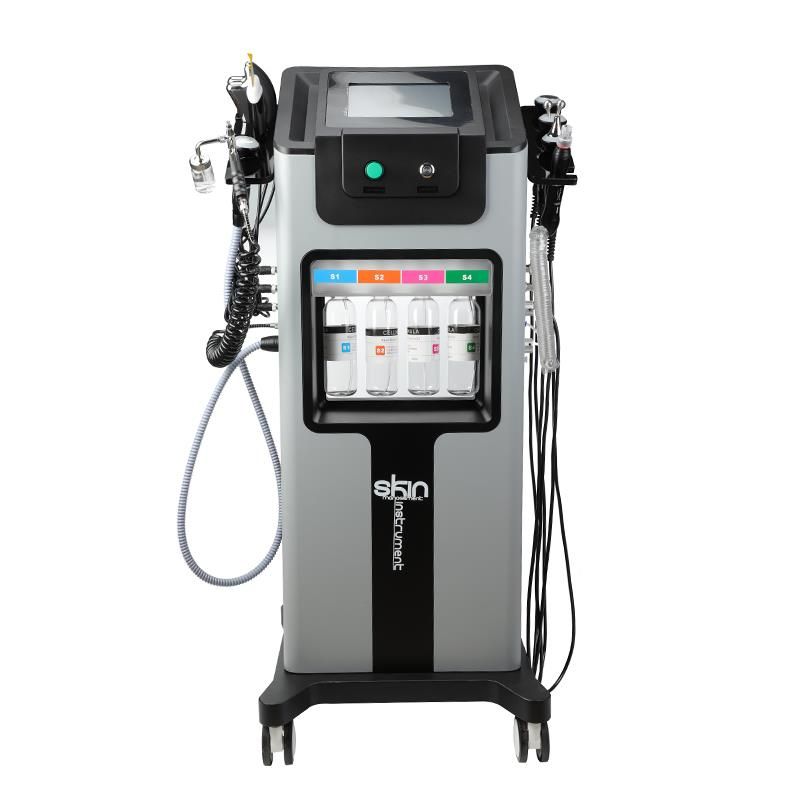 8-in-1 8 Function Heads Black Pearl Hydra Skin Beauty Apparatus
8-in-1 8 Function Heads Black Pearl Hydra Skin Beauty Apparatus 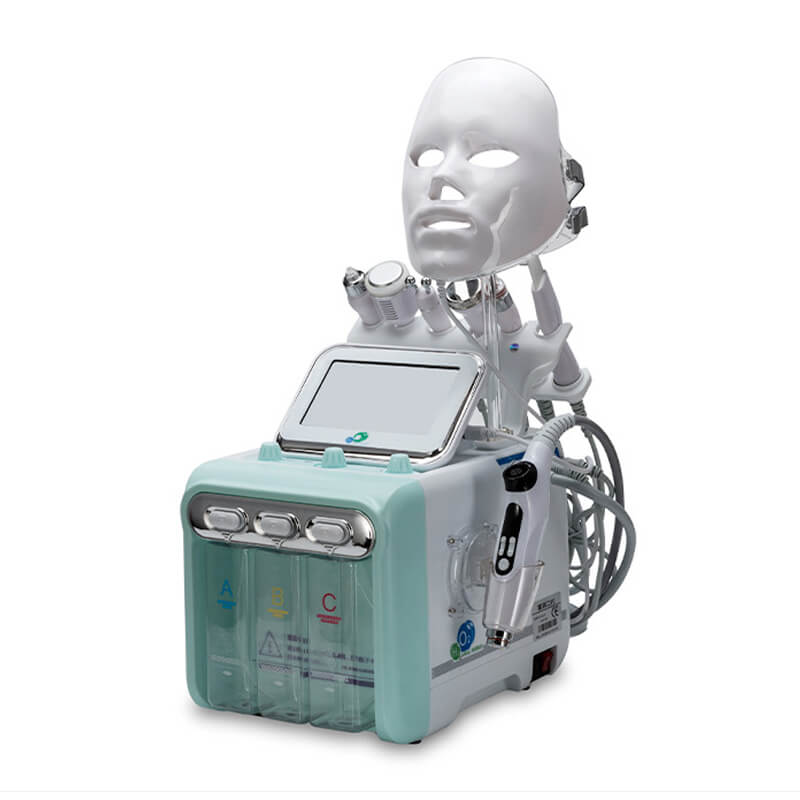 8in1 Hydra Facial Multi-function Beauty Machine
8in1 Hydra Facial Multi-function Beauty Machine 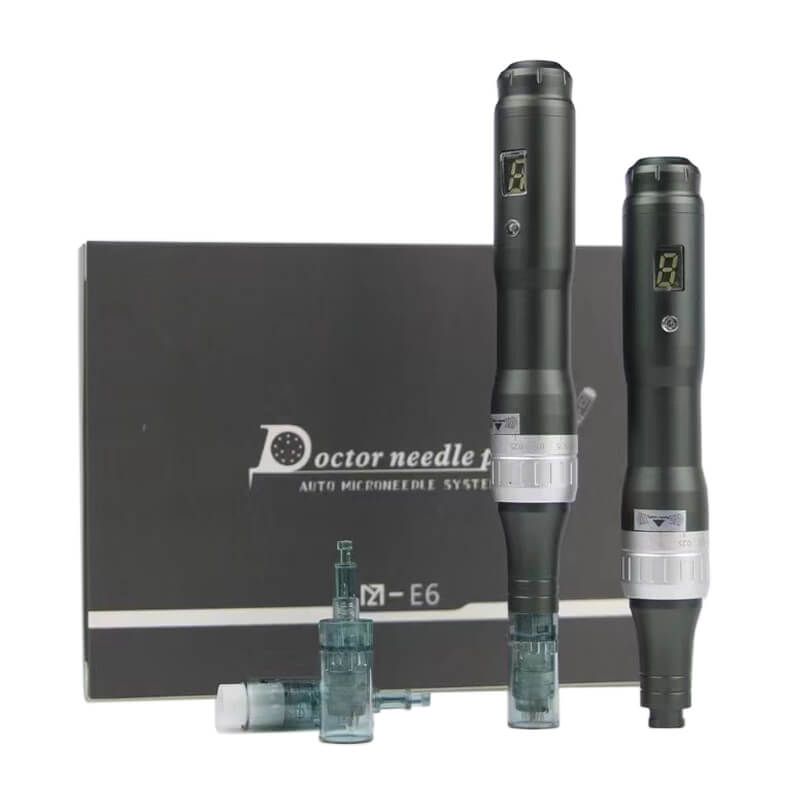 Rechargeable E6 Electric Nano Derma Pen
Rechargeable E6 Electric Nano Derma Pen 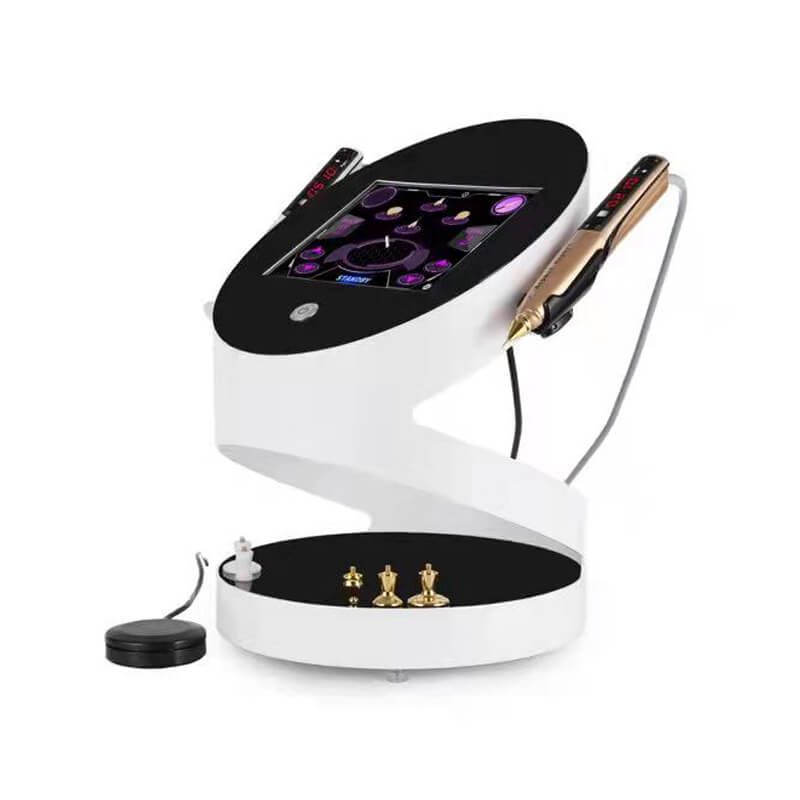 Charm 2in1 Plasma Beauty Machine
Charm 2in1 Plasma Beauty Machine 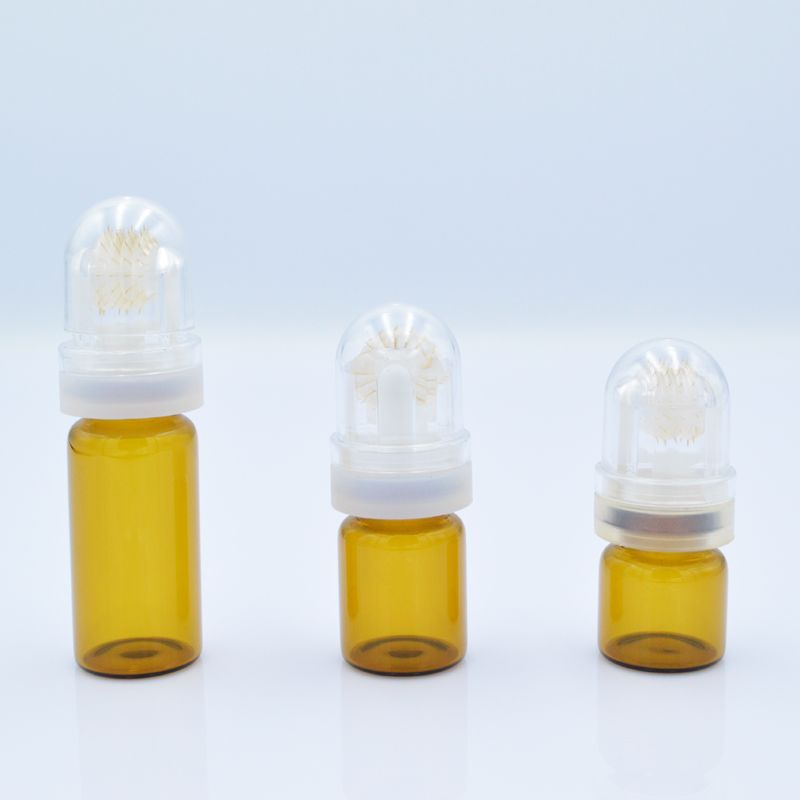 New 64 water soluble needle
New 64 water soluble needle 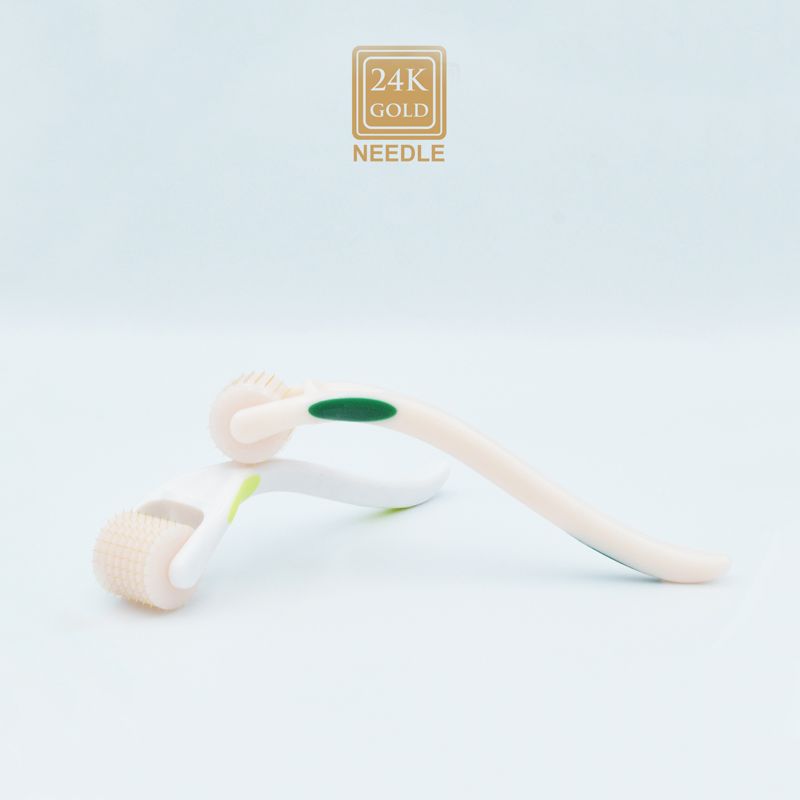 New 192 Microneedle Roller
New 192 Microneedle Roller 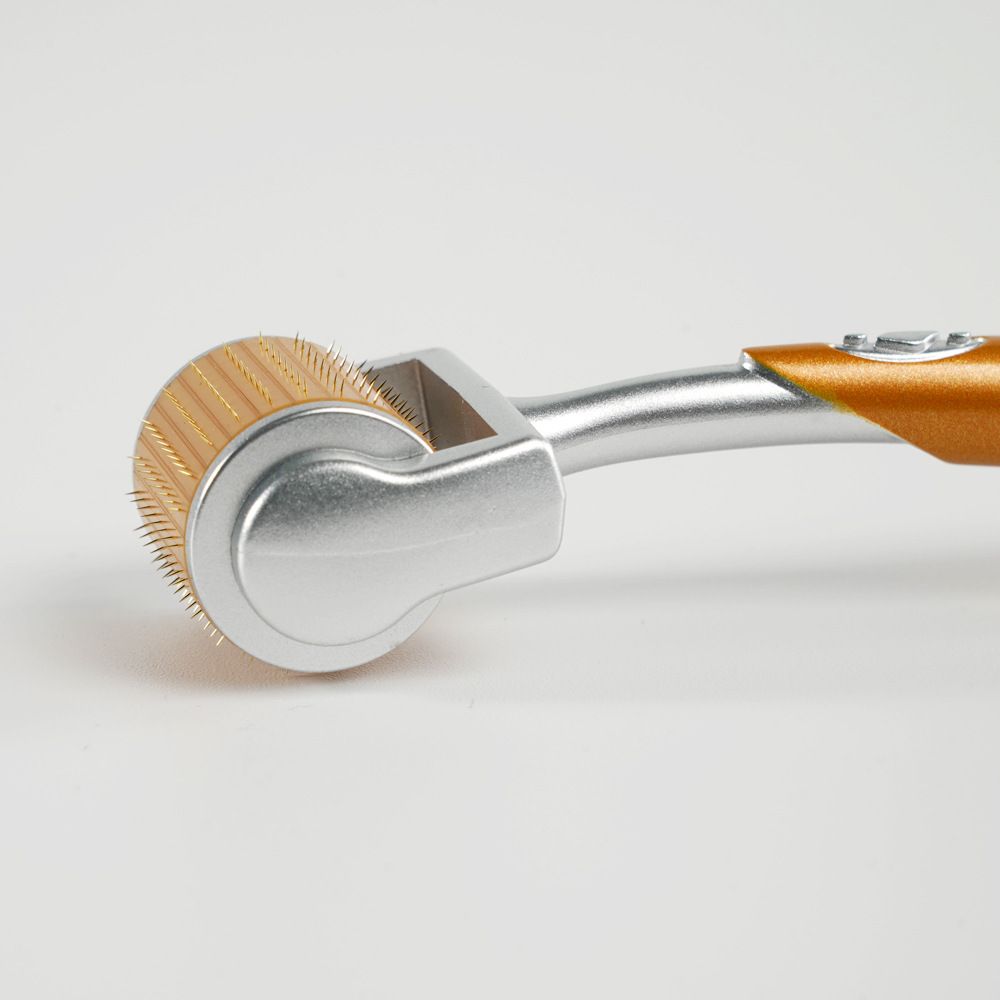 Titanium Needle Leather Roller Micro
Titanium Needle Leather Roller Micro  360 Degree Fat Freeze Cryolipolysis Slimming Machine
360 Degree Fat Freeze Cryolipolysis Slimming Machine 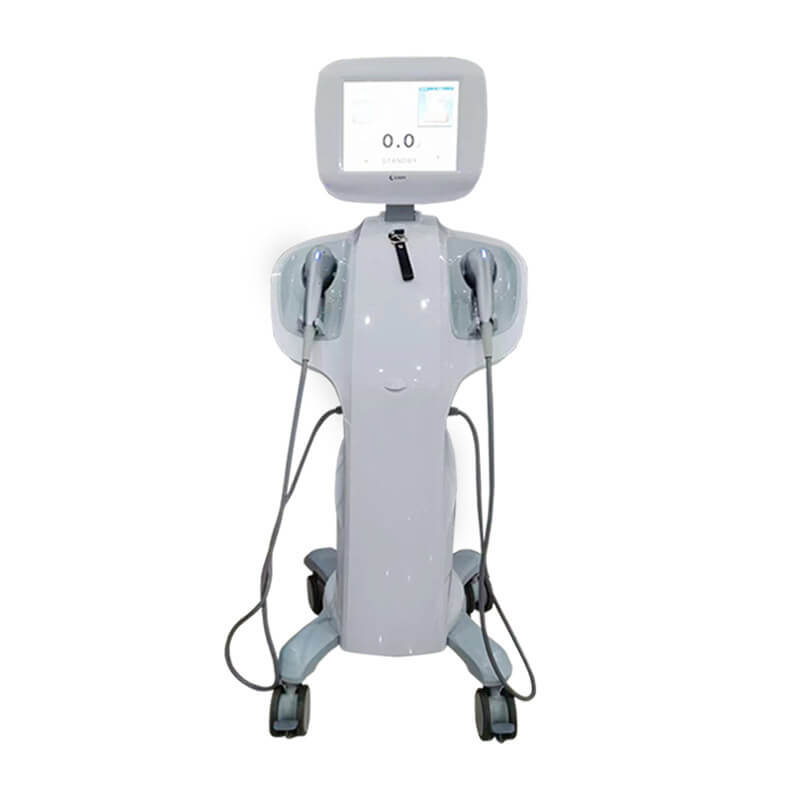 7D Lifting Apparatus
7D Lifting Apparatus  9 in1 Ultrasonic Laser Fat Exploding Apparatus
9 in1 Ultrasonic Laser Fat Exploding Apparatus 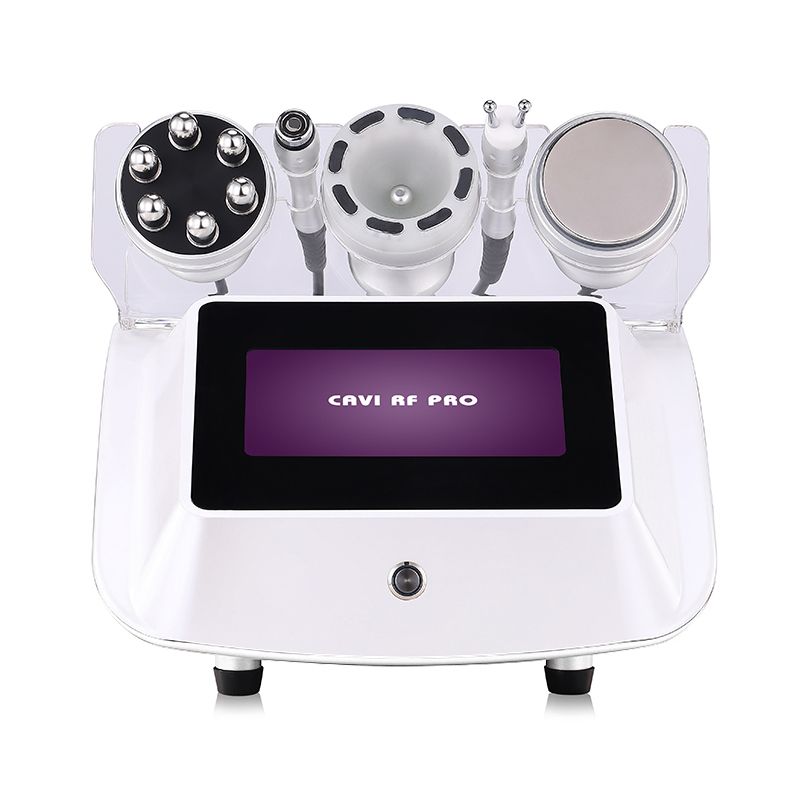 5 in 1 Portable Mini Fat Exploding Instrument
5 in 1 Portable Mini Fat Exploding Instrument 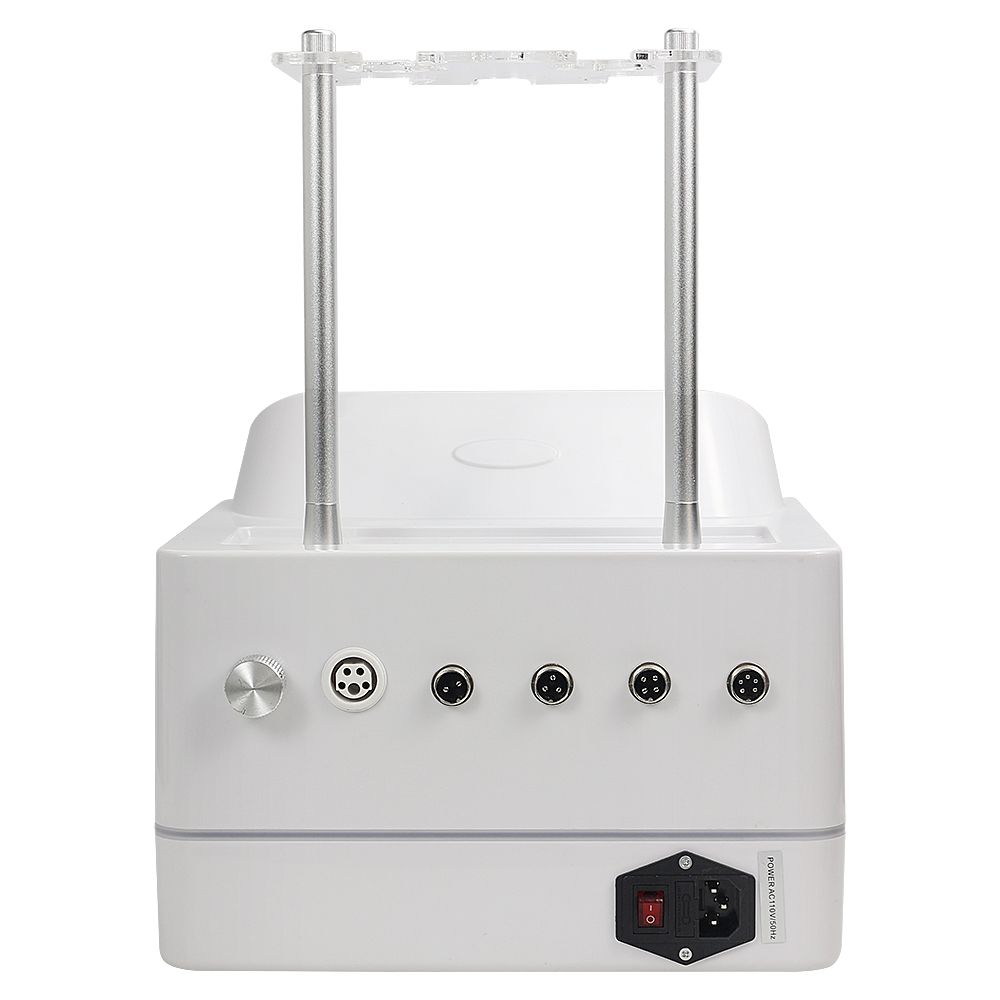 5 in 1 40k ultrasonic cavitation vacuum body slimming instrument
5 in 1 40k ultrasonic cavitation vacuum body slimming instrument 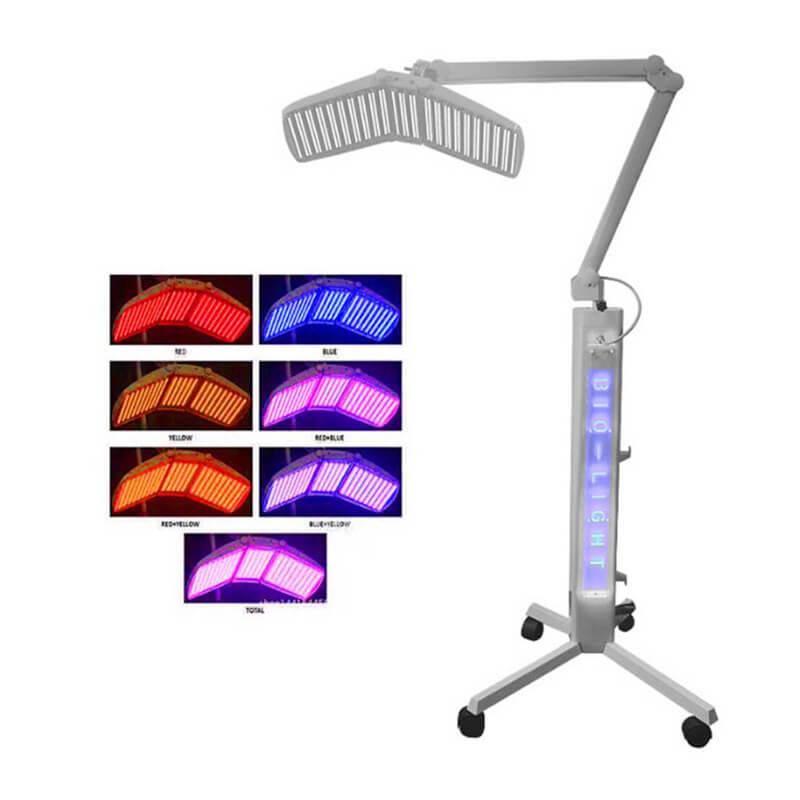 Seven Colors Spectrograph Cold and Warm SPA Skin Rejuvenation
Seven Colors Spectrograph Cold and Warm SPA Skin Rejuvenation  Seven Colors Spectrograph Cold and Warm SPA Skin Rejuvenation
Seven Colors Spectrograph Cold and Warm SPA Skin Rejuvenation 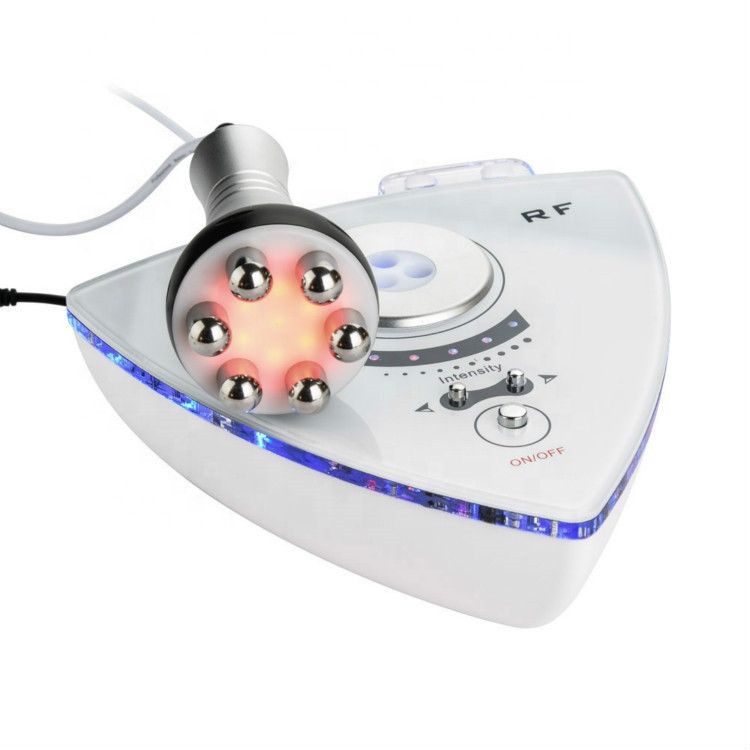 Household RF Lifting Machine (Level 6)
Household RF Lifting Machine (Level 6) 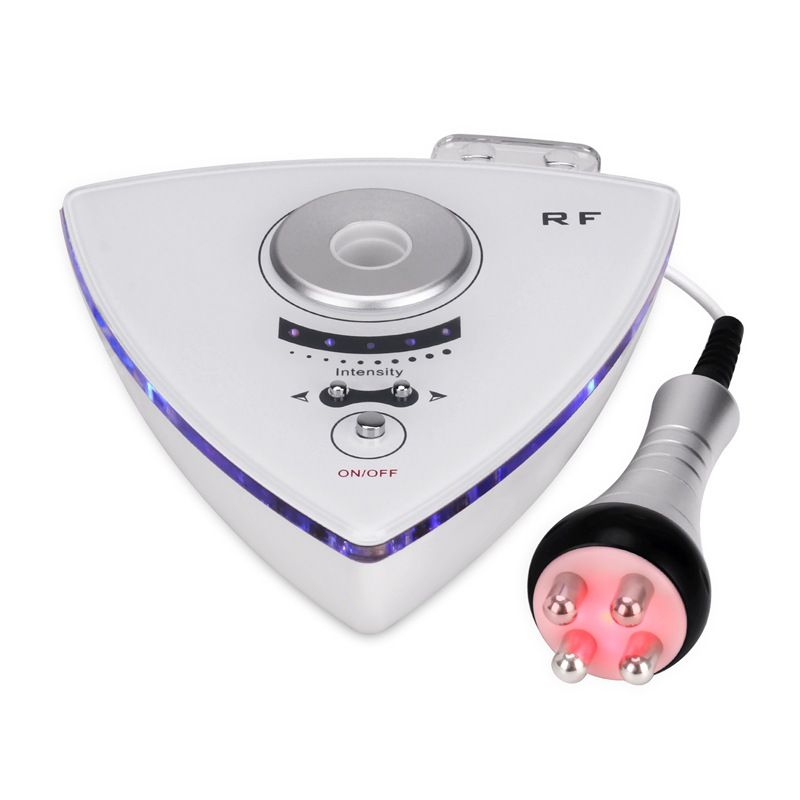 Household RF Lifting Machine (Level 4)
Household RF Lifting Machine (Level 4)  Household RF Lifting Machine (Level 3)
Household RF Lifting Machine (Level 3) 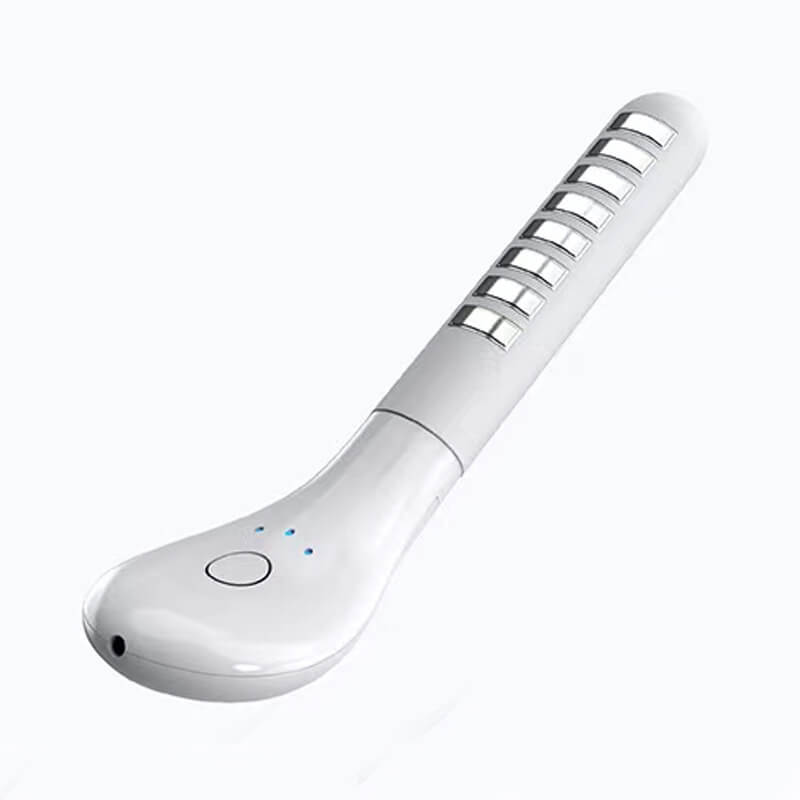 Kegel Exercise EMS Vainal Tightening Device
Kegel Exercise EMS Vainal Tightening Device 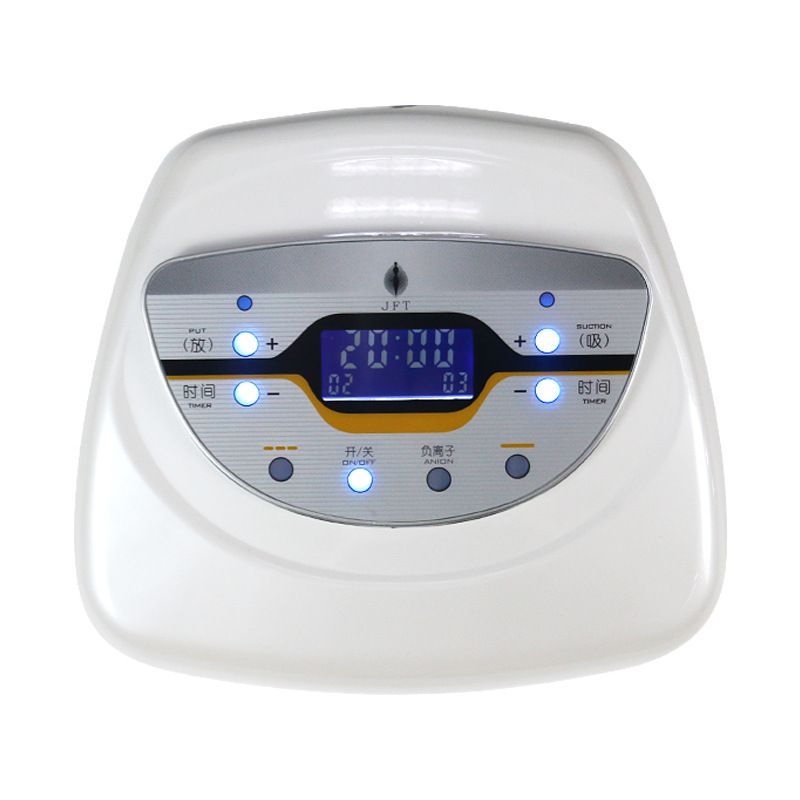 Breast Max Mutifunctional body Shape Care Vacuum Machine
Breast Max Mutifunctional body Shape Care Vacuum Machine 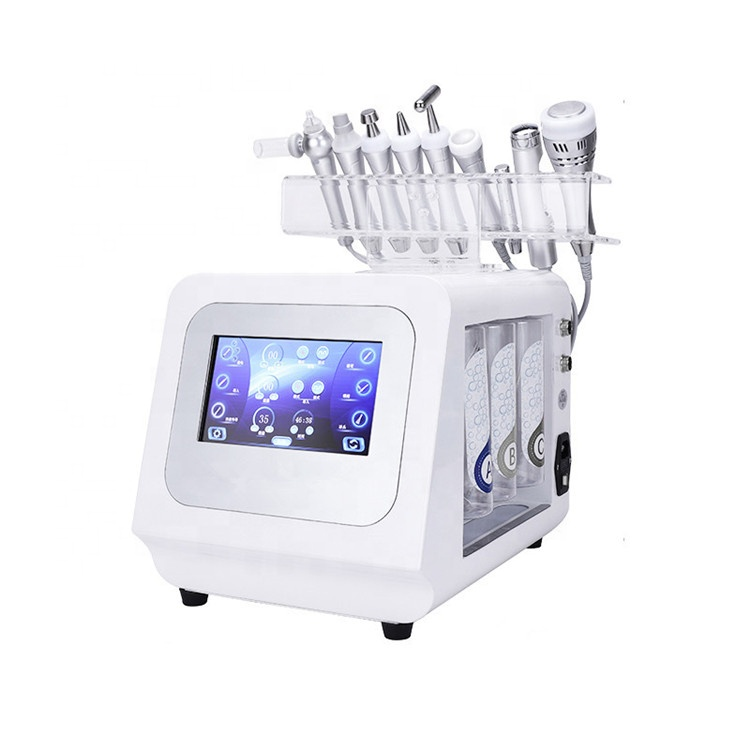 Nine-in-one Hydrogen and Oxygen Micro-Carving Instrument
Nine-in-one Hydrogen and Oxygen Micro-Carving Instrument  2 in 1 HIFU+Thermagic Anti-aging Beauty Instrument
2 in 1 HIFU+Thermagic Anti-aging Beauty Instrument 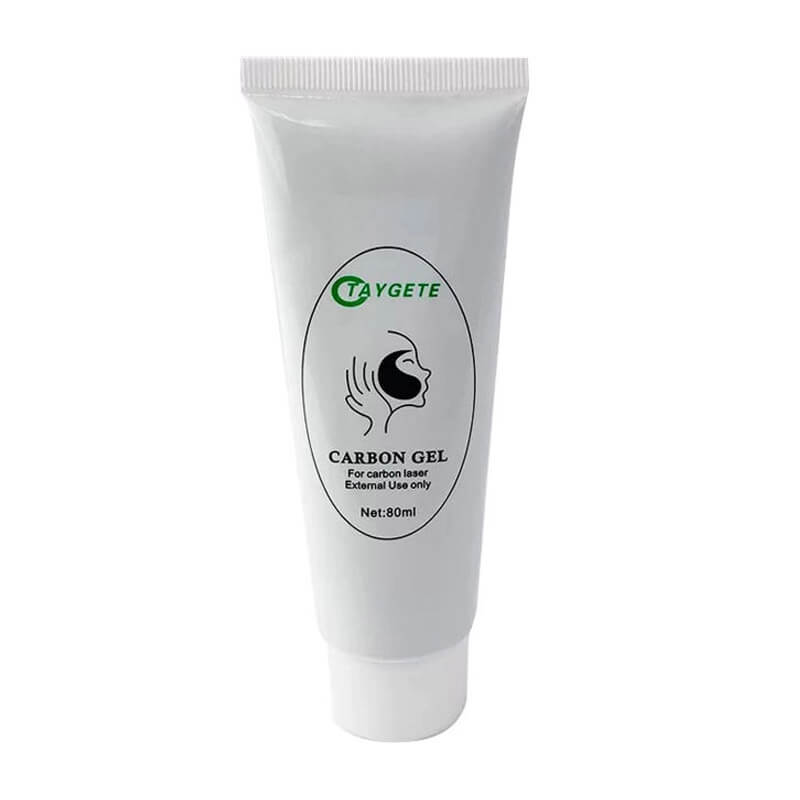 Carbon Gel For Laser Treatment Facial Nd Yag Cream Carbon
Carbon Gel For Laser Treatment Facial Nd Yag Cream Carbon 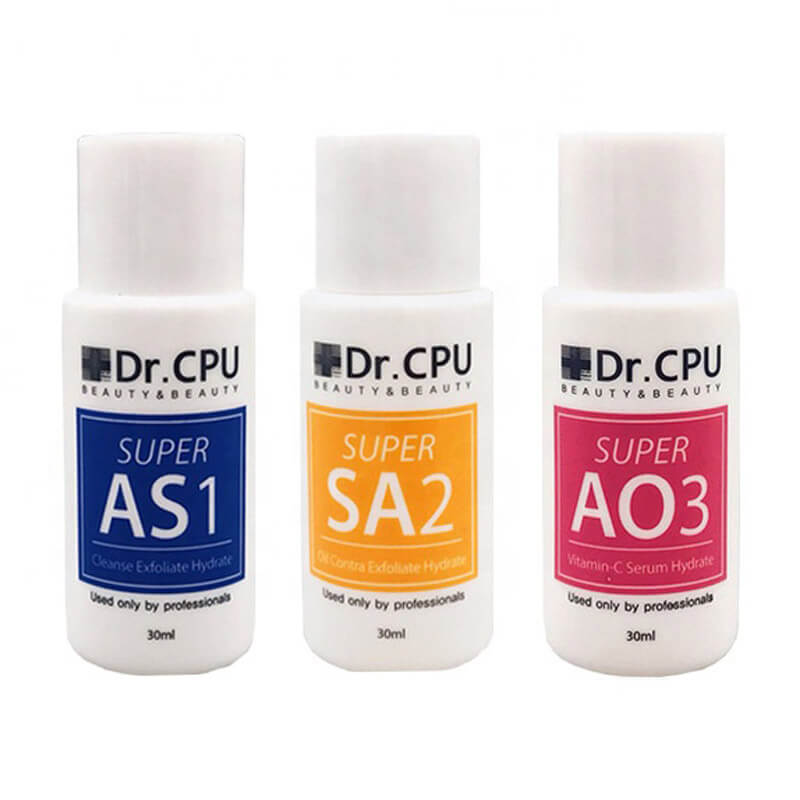 DR. CPU Serums
DR. CPU Serums 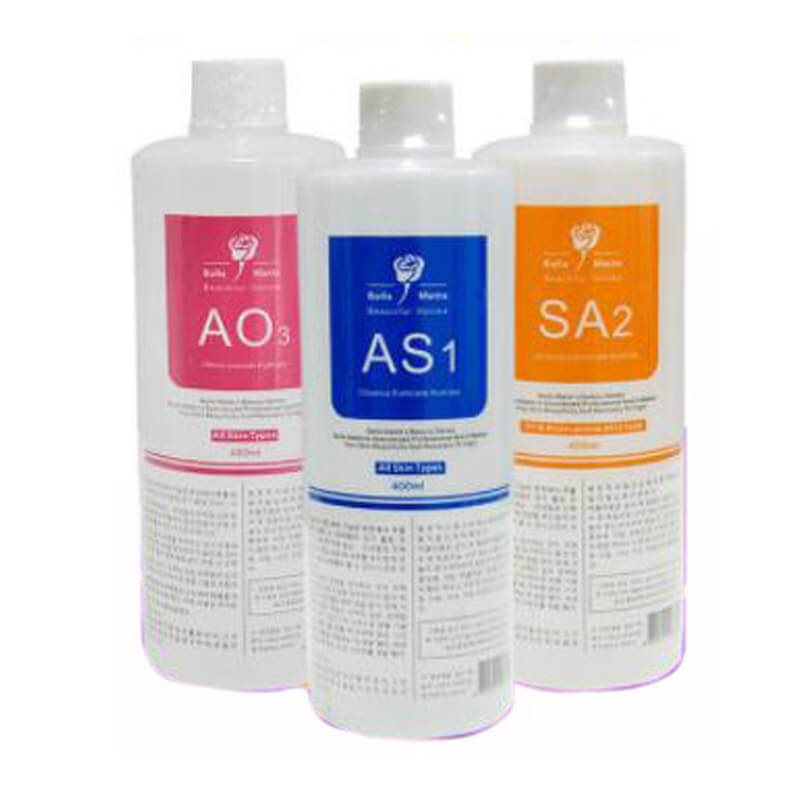 Serums of Hydra Facial Machine
Serums of Hydra Facial Machine